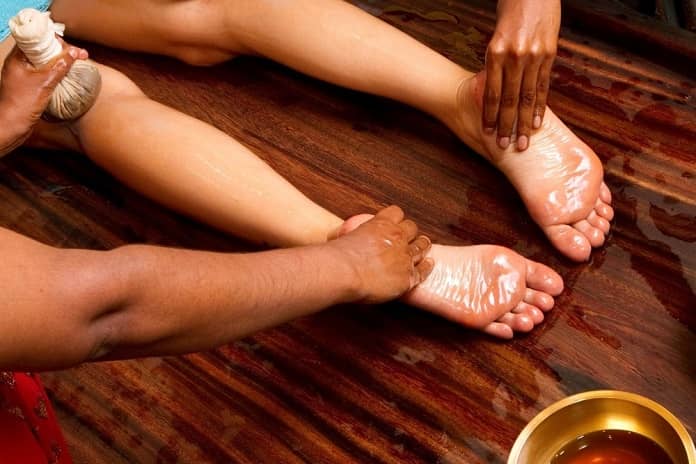Food, sleep and exercise are the most important cycles of our lives. However, these days many people are suffering from sleep disorders, and these disorders affect the quality, quantity, or timing of sleep. They feel difficulty falling asleep and getting better sleep. Somehow, there are tons of medicines found on the market that might be helpful for you, but Ayurvedic Remedies can also be the best choice for sleep disorders.
If you are suffering from sleep disorders then this article is for you, it can be helpful for you to get better and deeper sleep.
However, there are many types of sleep disorders, but some of these are most common these days.
- Insomnia: Insomnia is one of the common problems these days, in this sleep disorder people feel difficulty sleeping and staying asleep. However, insomnia can be caused by various factors, like stress, anxiety, depression, lifestyle factors, medical conditions, medications, and sleep-related disorders.
- Sleep apnea: Sleep apnea is another common sleep disorder, this is the condition where breathing is paused for a short period and shallow breathing during sleep. Common sign of Sleep apnea is, Loud snoring, breathing pauses during sleep witnessed by a bed partner, Gasping or choking during sleep, Excessive daytime sleepiness, Morning headaches, Irritability or mood changes and Nighttime sweating.
- Restless legs syndrome (RLS): Restless legs syndrome (RLS) is also known as Willis-Ekbom disease which is a neurological disorder where a compelling urge to move the legs. However, this sensation mostly occurs when you are at your resting position such as when sitting or lying down and is temporarily relieved by movement.
- Narcolepsy: A neurological disorder that affects the brain’s ability to control sleep-wake cycles is called Narcolepsy. People who suffer from Narcolepsy often experience excessive daytime sleepiness and may suddenly fall asleep at inappropriate times, such as while working or driving.
- Circadian rhythm sleep disorders: This Circadian rhythm is another sleep disorder where a person’s sleep-wake cycle is out of sync with the natural day-night rhythm.

Similarly, here are some points of how sleep disorders can be caused,
- Medical conditions
- Mental health conditions
- Lifestyle factors
- Poor sleep hygiene
- Caffeine and alcohol use
- Nicotine use
- Environmental factors
- Psychological Factors
- Age
- Hormonal Changes
- Neurological Disorders
Ayurvedic Remedies for Sleep Disorders
Here are some of the Ayurvedic remedies that can be helpful for you, if you are having difficulty sleeping.
Sleep Schedule
Early sleep and early wake-up an important factors for Ayurvedic remedies. Sleep earlier and waking up early in the morning gives you positive vibes which can make your day positive. If you sleep at the same time every day it will be a habit.
Mindful Eating
Try to have your dinner early between 6:30 – 7 Pm, because the digestive fire starts cooling down after the sunsets. With the early and light meal, it can be beneficial for you deep sleep. Another important thing you need to focus on while having your meal is to avoid doing activities like reading books, watching television, or involving yourself in conversations it can distract you’re eating habits.
Oil massage (Abhyanga)
Oil massage is another Ayurvedic treatment therapy for a sleep disorder and street problems. Before heading to bed, you can do oil massages on your feet, there are nerve endings in your feet. With the help of massage, you can be stress-free which helps you to feel relaxed and also improves your blood circulation. There are several herbal oils for massages found in the market, but you can try Bhirigaraj or Til Taila this can improve circulation, relieve stress, and promote sleep.
Pranayama
Pranayama also plays a vital role in improving sleep disorders and stress in Ayurveda. This is beneficial for promoting relaxation, reducing stress, and calming the mind
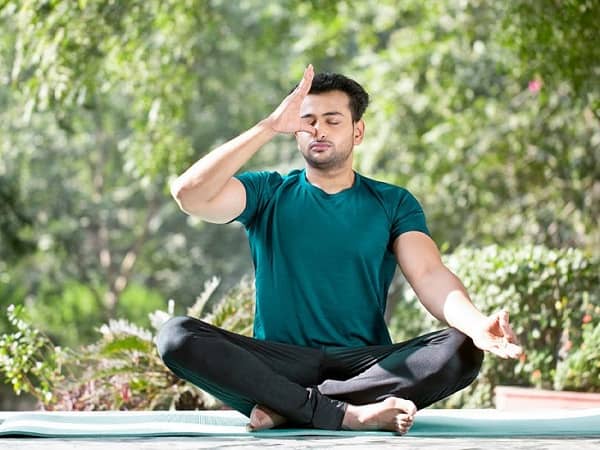
Some of the pranayama that helps you improve sleep quality are,
- Nadi Shodhana (Alternate Nostril Breathing)
- Sheetali Pranayama (Cooling Breath)
- Bhramari Pranayama (Humming Bee Breath)
- Sitali Pranayama (Cooling Breath)
Surrounded with positivity
It is most important for you to surround yourself with positivity and keep away from negative vibes. Negatives can disturb your sleep quality so, you can switch off your mobile, computer, television, and social media activities, two hours before going to sleep.
Aromatherapy
Aromatherapy can also be helpful for pleasant sleep. some of the essential oils like lavender, sandalwood and chamomile are best known for relaxing and sedative properties
Ayurvedic Herb for Sleep Disorder
Ashwagandha (Withania somnifera)
The Scientific name for Ashwagandha is Withania somnifera, it is also known as Indian ginseng or winter cherry. This is one of the popular herbs in Ayurvedic medicine, a traditional Indian system of medicine that helps emphasise natural healing. To use in Ayurvedic remedies its root and leaves are especially used.

It can be consumed in various forms we can use its powder, capsule, extract, or tonic. Also, it can be taken with warm milk or water before bedtime to promote relaxation and sleep.
Brahmi (Bacopa monnieri)
The Scientific name for Brahmi is Bacopa monnieri, which is also known as water hyssop or Bacopa. This herb has been used for centuries to support mental clarity, memory, and overall brain health. Its calming properties are that it might help you to reduce stress and anxiety which can contribute to sleep problems.
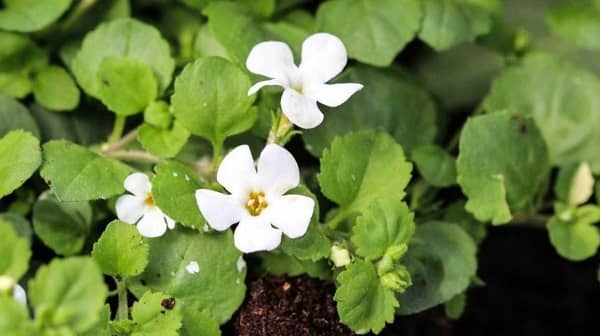
It can be taken as a powder, capsule, extract or in the form of tea. This herb can be often taken regularly over an extended period of experience.
Shankhpushpi (Convolvulus pluricaulis)
The Scientific name for Shankhpushpi is Convolvulus pluricaulis, but this herb is also commonly known as Shankhini, Kambumalini, Samkhapushpi, Sadaphuli, and Sankhaphuli. This herb is used as a potent memory booster and brain tonic in Ayurvedic Medicine and also it helps to promote quality sleep.
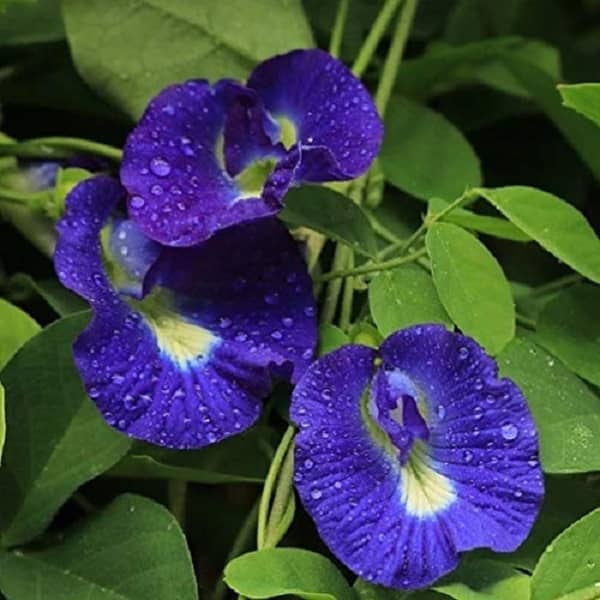
This can be consumed in the form of powder, capsule, extract, or herbal tea infusion. This herb can also be often taken regularly over an extended period of experience.
Jatamansi (Nardostachys jatamansi)
The Scientific name for Jatamansi is Nardostachys jatamansi, this is another famous Ayurvedic medicine that can be used for various purposes mainly because it helps in improving sleep quality. Its other properties are, calming, grounding, and neuroprotective. Its roots are mainly used to make Ayurvedic medicine.
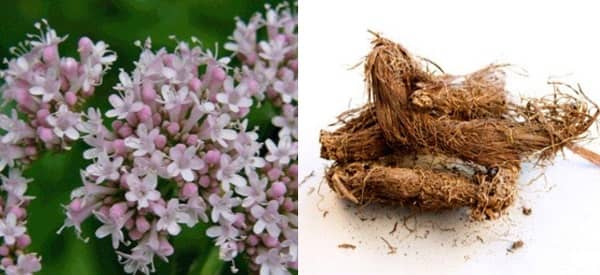
It can be consumed as a powder, capsule, extract, or herbal tea infusion. This herb can also be often taken regularly over an extended period of experience.
Vacha (Acorus calamus)
The scientific name for Vacha is Acorus calamus, this herb is also known as sweet flag root which is used to make Ayurvedic medicine to promote sleep quality. This plant is native to Asia, Europe, and North America.
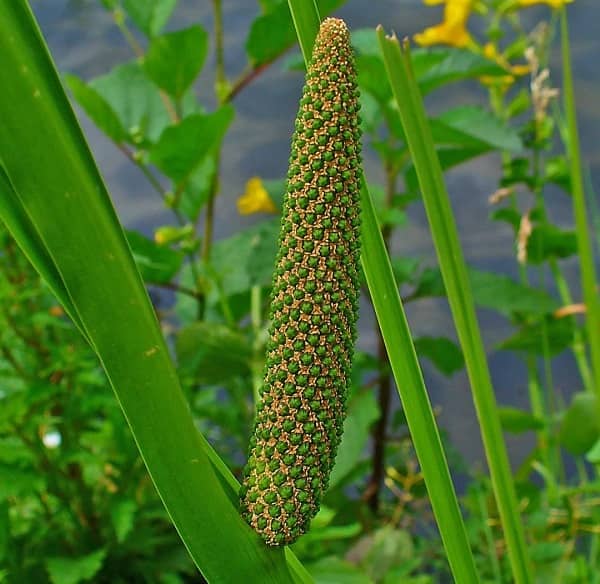
This plant can be consumed in various forms, like powder, capsule, extract, or herbal tea infusion. However, this herb Vacha should be strictly avoided by pregnant and breastfeeding women due to its potential uterotonic effects
Tagara (Valeriana wallichii)
The scientific name for Tagara is Valeriana wallichii, also this herb is known as Indian Valerian, this herb is native to the Himalayas. This is highly valued for its calming and sedative properties. This is one of the helpful herbs to promote deep and healthy sleep.
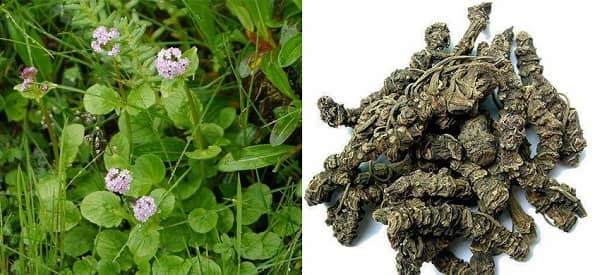
This plant can be consumed in various forms, like powder, capsule, extract, or herbal tea infusion. This herb can also be often taken regularly over an extended period of experience.
Tulsi (Ocimum sanctum)
The scientific name for Tulsi is Ocimum tenuiflorum, also this is commonly known as holy basil. This herb has a various benefit also it can be used as an aromatic herb. This is very useful for quality sleep; however, this herb is also called as queen of herbs in Ayurvedic medicine. We can find this herb in every house garden because it is easily t5o grown and can be easily grown.

This herb can also be consumed in various forms like fresh leaves, dried leaves, tea, capsules, extract, or as an essential oil.
FAQs
How long does it take to see results from Ayurvedic remedies for sleep disorders?
However, to see the result from Ayurvedic remedies for sleep disorders it varies from individual factors such as the severity of the sleep disorder, overall health, and lifestyle factors. Similarly, some people may notice the changes in a week or it many take more time to see the difference.
Which are the Ayurvedic herbs that help with the sleep quality?
The Ayurvedic herbs that help with sleep quality are, Ashwagandha (Withania somnifera), Brahmi (Bacopa monnieri), Shankhpushpi (Convolvulus pluricaulis), Jatamansi (Nardostachys jatamansi), Vacha (Acorus calamus), Tagara (Valeriana wallichii), Tulsi (Ocimum sanctum)
Can pregnant or breastfeeding women use Ayurvedic remedies?
Yes, pregnant or breastfeeding women should not use Ayurvedic herbs. Some of the Ayurvedic herbs are not safe for pregnancy and lactation. They can only be used after proper guidelines by a healthcare professional.
Also, read more about, “Sleep Hygiene 101: Establishing Healthy Habits for Better Sleep
